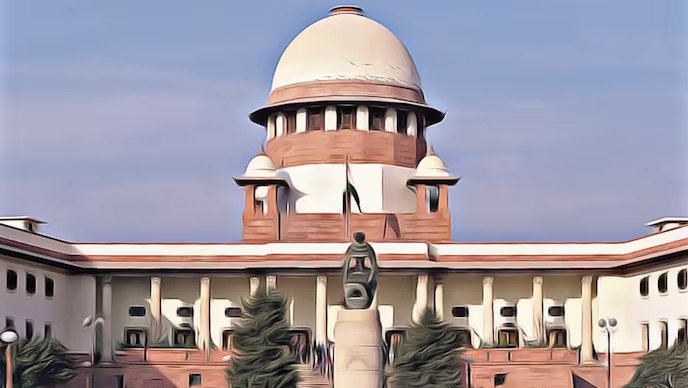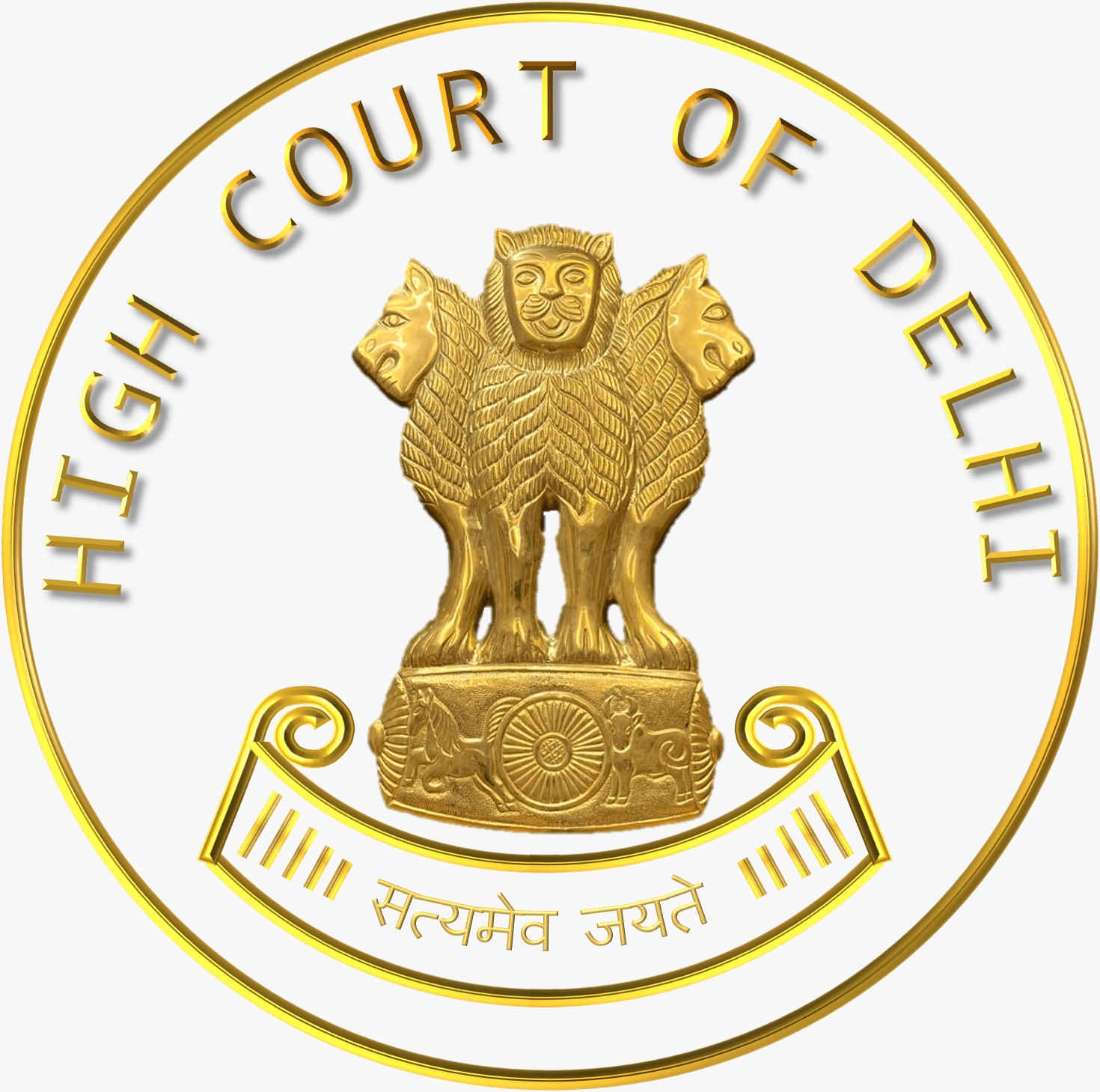Paramjeet Singh, J.@mdashInstant revision petition has been filed under Article 227 of the Constitution of India for setting aside the order dated 20.11.2011 passed by the learned Additional Civil Judge (Senior Division), Abohar, whereby application filed by the respondent-defendant under Order 12 Rule 2 CPC has been partly allowed. Shorn of unnecessary details, the facts relevant for disposal of the present petition are to the effect that petitioner-plaintiff filed a suit for recovery of Rs. 82,398/- (Rs. 53,505.35/- as principal amount and Rs. 28,893/- as interest) from the respondent-defendant. The respondent-defendant filed written statement that neither the bills in question, nor the account books of the plaintiff are correct and admissible in evidence. Bills and account books are forged and fabricated. It was also mentioned that the plaintiff did not disclose that the quality of barley seed was not good and the same was unloaded on written assurance of the plaintiff, that the plaintiff would charge Rs. 50/- per quintal less than written in the bills. Thus, as per the understanding an amount of Rs. 10,95,977.35/- was paid made, which however, included an excess amount of Rs. 6,437.50/- that was wrongly paid against bill dated 3.11.2005. It is also mentioned that the respondent-defendant had informed vide various letters that barely seed supplied was of inferior quality. The respondent-defendant had made the payment of the above referred amount through cheques, rather the plaintiff has charged more than actually payable and the bills were issued incorrectly.
2. It is pertinent to mention that during the course of leading evidence, respondent-defendant moved an application under Order 12 Rule 2 of CPC and also moved an other application for taking specimen signatures of the petitioner-plaintiff for comparison of the same with the signatures on the receipt given by him. The said receipt was put up to the witnesses during the course of cross-examination. The signatures on the same were denied by the plaintiff. The trial Court disposed of the application under Order 12 Rule 2 of the CPC observing that petitioner-plaintiff had denied the issuance of said receipt, since the application was for direction to the plaintiff to admit or deny the receipt dated 7.11.2005. In view of the denial by petitioner-plaintiff, it appears that the trial Court thought that it had become infructuous, but disposed of it observing as above. However, with regard to the application for taking specimen signatures of petitioner-plaintiff, the trial Court directed that the signatures of the plaintiff are already on record i.e. on the plaint and vakalatnama etc. There is no necessity to direct the plaintiff to give specimen signatures. The signatures on the plaint and vakalatnama etc. being admitted signatures of the plaintiff can be used for comparison of signatures on the receipt.
3. I have heard learned counsel for the parties and perused the record.
4. The trial Court after considering the facts and circumstances of the case has rightly disposed of the application under Order 12 Rule 2 of the CPC observing that since the petitioner-plaintiff had denied signatures on the receipt, no further order was required to be passed by the trial Court.
5. So far as the application for getting the standard signatures of petitioner-plaintiff is concerned, the Court in the facts and circumstances of the case thought it appropriate that since the petitioner-plaintiff had filed a suit and it bears his signatures on the plaint, vakalatnama etc. These are the standard signatures of the petitioner-plaintiff. The petitioner can get compared the same with the signatures on the alleged receipt issued in favour of the respondent-defendant.
6. The contention of the petitioner-plaintiff is that the receipt was not mentioned in the pleadings, therefore, it cannot be used against him and the same is required to be placed on record along with the written statement. This contention of the learned counsel for the petitioner is fallacious on the face of it. It cannot be said that the production of receipt is against the pleadings. It is the categorical stand of the respondent-defendant that the payment of Rs. 10,95,977.35/- has been made through cheques and receipt has been issued by the petitioner-plaintiff. During the course of recording of evidence, the receipt was put to the petitioner-plaintiff on which he denied his signatures. Not only this, an application was also moved to admit or deny the signatures which was disposed of in view of the denial of signatures on the receipt by the petitioner-plaintiff. In view of the denial by the petitioner-plaintiff, the trial Court has rightly granted permission to the respondent-defendant to get compared the signatures of the petitioner-plaintiff on the receipt with the standard thumb impressions of the petitioner-plaintiff on the plaint, vakalatnama etc. which are already on the case file. The learned counsel for the petitioner has cited the case law titled
7. In view of this, I do not find any illegality or perversity in the impugned order.
8. Dismissed. No order as to costs.

